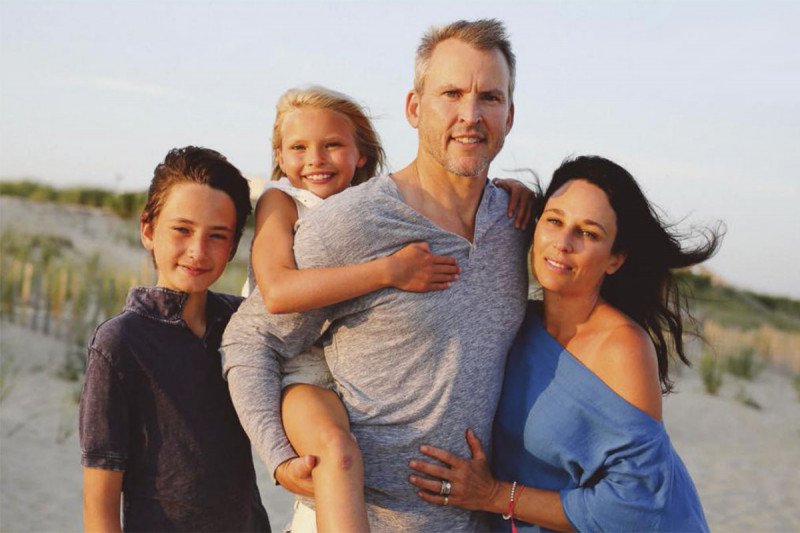
Reina Honts says that she was afraid people would judge her after her lung cancer diagnosis, but now she speaks about her story openly so others know the importance of early detection.
Did you know that lung cancer, the number one cancer killer, gets a fraction of the funding received for breast cancer? More men and women die from lung cancer than any other cancer, and it kills more women than breast cancer, ovarian cancer, and cervical cancer — combined. These cancers need and deserve support, but it’s time to erase the stigma about lung cancer, say patients and experts.
“Long-term messaging about how smoking causes cancer has pushed tobacco use … to the very dark edges of polite society, and somehow lung cancer and the patient diagnosed with it ends up there too, feeling blame and shame,” says Diane Reidy-Lagunes, a medical oncologist at Memorial Sloan Kettering Cancer Center. Dr. Reidy-Lagunes hosts Cancer Straight Talk from MSK, a podcast for people with cancer and their loved ones.
Dr. Reidy-Lagunes sat down with Bernard Park, a pioneering thoracic surgeon, and Reina Honts, a lung cancer survivor and chair of the Lung Cancer Research Foundation, to discuss the stigma surrounding lung cancer.
Diane Reidy-Lagunes sits down with thoracic surgeon Bernard Park and Reina Honts, chair of the Lung Cancer Research Foundation, to discuss the stigma of lung cancer.
The Stigma
Dr. Park says there is “no question” that the burden and blame that lung cancer patients place upon themselves affects their health. There is an easy early detection test for lung cancer, but this stigma “is an impediment to going and getting a very simple five-minute study that could really save their life,” Dr. Park says.
While about 80% of lung cancer patients used tobacco to some significant degree, up to 25% were never smokers. “I had no idea that it could affect someone like me,” says Reina, who only smoked for a brief time in her youth. After her diagnosis, she reveals that “every time I did talk about it, I did preface it with, I was not a smoker. Because I didn’t want people to judge me.”
Funding
Reina explains, “There’s just so much stigma around lung cancer that it’s often hard to get people to want to participate in fundraising until it affects them directly.”
“If you just look at National Institutes of Health funding and the American Cancer Society funding, lung cancer funding is easily half that of breast cancer, and it’s basically barely the same as prostate or colorectal cancer,” says Dr. Park. “Lung cancer is hard to cure in the end because we have a hard time detecting it at an early stage. We could just do a much better job of putting it in the national awareness and trying to raise funds for research.”
To improve empathetic communication about lung cancer, the National Institutes of Health recently awarded a grant to MSK behavioral scientist Smita Banerjee and psychologist Jamie Ostroff for training on how to reduce lung cancer stigma in the United States as well as Nigeria.
Who Should Be Screened
Dr. Park explains that the criteria for screening includes people ages 50 to 80 who smoked a pack a day for at least 20 years or the equivalent, such as two packs a day for 10 years. In addition, people who have a strong family history or have had exposures to substances like asbestos, should speak to their primary care doctor about getting screened.
Early screening saved Reina’s life. She had a strong family history of lung cancer, but her smoking history was negligible. She explains, “My doctor just didn’t think I was qualified for [a screening]. She actually ended up ordering me a chest x-ray, which led to a scan the next day, because they did find something that they didn’t like. And it was stage 1 lung cancer.”
“Lung cancer is not a death sentence,” Dr. Park says. “I would encourage everybody to think about whether they should be screened and to act on that. And then I would also ask people to really support and not stigmatize those around them that might have it, and to really support efforts to raise awareness and raise funding for this very challenging disease.”
To learn more about lung cancer and the latest advances for early detection and treatment, tune into this episode of Cancer Straight Talk from MSK.





